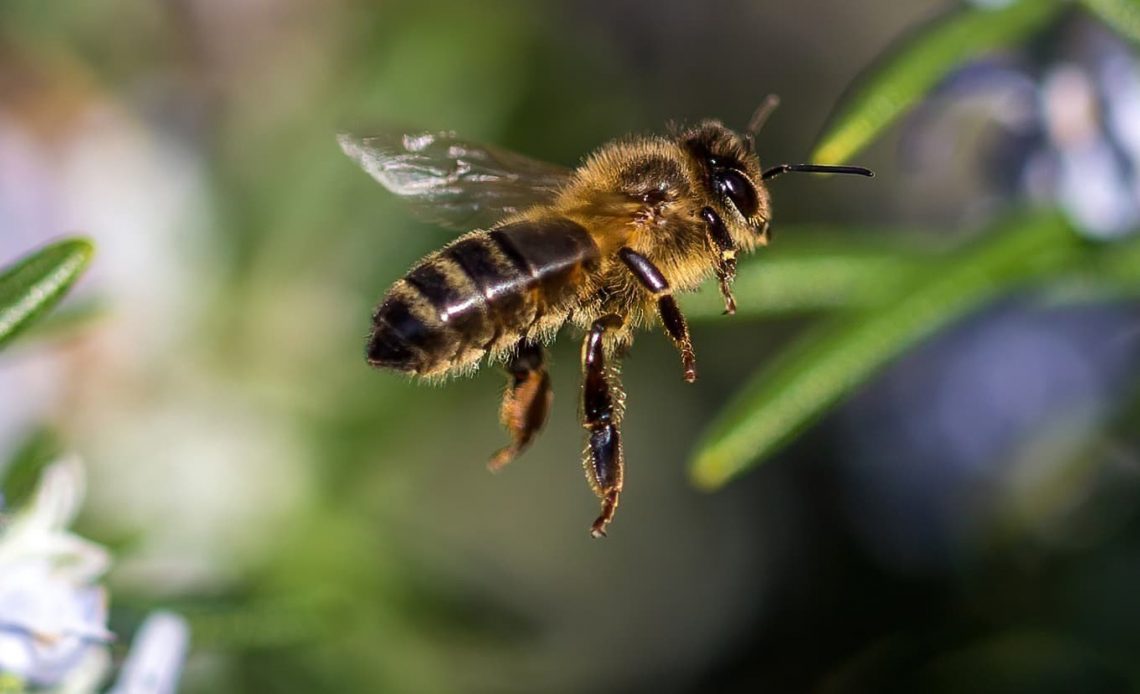

We’re here to help! Wild Yards is a completely free website that is 100% dedicated to helping you create a wildlife-friendly, sustainable yard. Read more
WildYards is reader-supported. When you buy a product through a link on our site, we may earn a comission. Every product is independently selected by our (obsessive) editors and our reviews are unbiased and objective. Read more about our mission or our privacy policy.
It’s hard not to feel happy when you see a bee or two bumbling about, getting to enjoy all of the goodness from the flowers in your garden. However, it can be a bit of a worry if you don’t see them around – particularly if they’ve been coming back previously. It could be that there’s a scent or two that’s driving your bees away. That said, you may simply want to know how to repel bees altogether – in which case you may be wondering, what smells do bees hate?
Some of the smells that bees hate the most include cinnamon, vinegar, citronella, cucumber, and peppermint. If you’ve seen a decrease in the number of bees coming to your yard, these smells might be the reason why.
Why is it a good idea to know what repels bees?
Not all of us want more bees in our gardens. In fact, if you are allergic to bees, it would be best for you if they stayed away! However, there are ways of keeping the bees out in a completely natural and non-harmful way.
It might be easy to think that you can simply use pesticides, but they are not always efficient, and more importantly, they affect all living creatures. If you want to keep bees out of your backyard for whatever reason, be sure to avoid chemicals at all costs.
Chemical sprays that kill bees will contribute to ongoing ecological disruption. Bees are sadly endangered to varying extents, which means we need to protect them at all costs. Using chemical sprays just to deter them is therefore considered irresponsible.
It’s generally easy to attract bees to your garden with flowers – but occasionally, there may be scents and smells that are stopping them from hunting for pollen. It’s worth knowing what these smells are so you can keep them coming back for more.
Smells that bees hate
While bees love the smell of star jasmine and many wild, colorful flowers, they tend to avoid strong, vinegary smells. In fact, distilled vinegar is a good choice if you want to prevent bees from visiting. That said, vinegar smells can prove toxic to them – so go sparingly.
Bees may also avoid soapy smells and artificial scents. If it’s not a smell coming from a natural flower, it’s unlikely to get their attention. However, if you’ve ever grown cucumbers in your garden before, you’ll likely find bees hate it, too!
How to repel bees from your yard
If you are allergic to bees or simply do not like having them around, then there are a few things that you can do to help keep the bees away – without resorting to chemical pesticides.
Plant strong smelling plants like peppermint
Bees hate the smell of peppermint, so by simply planting some around your garden, you will likely drive them off. You can plant this type of mint in your flower beds or even keep it in pots closer to your house to better ensure that bees don’t fly in through your windows. Other strong-smelling herbs and plants, like citronella, may deter bees as well.
Mint is also very easy to grow and will spread without much guidance – and it’s a tasty addition to many dishes.
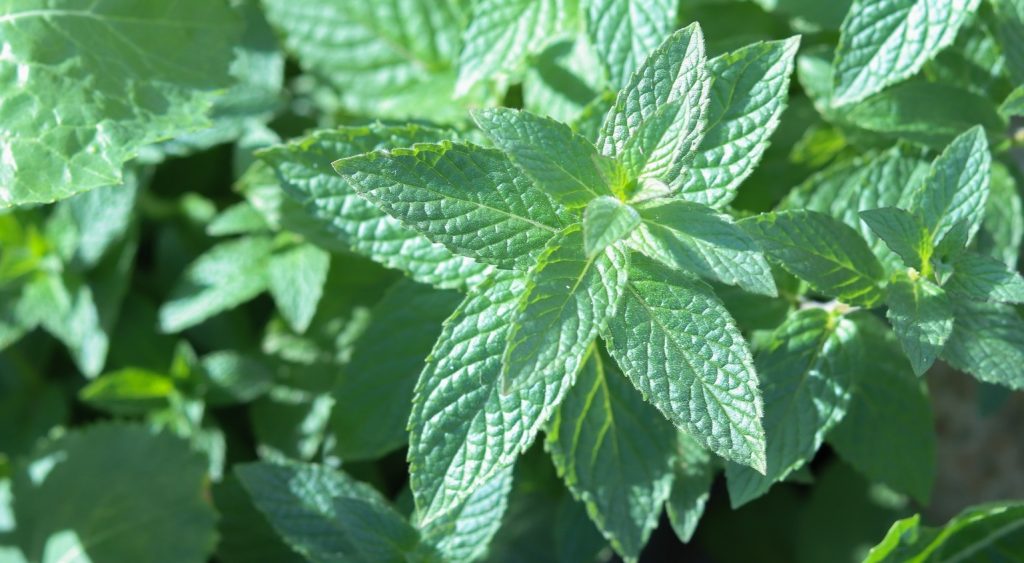
Leave out cucumber peels
The acidic smell in cucumber peels deters bees naturally – and a great way of increasing this smell is to place said peels on an aluminum dish, which creates a chemical reaction that deters both bees and wasps.
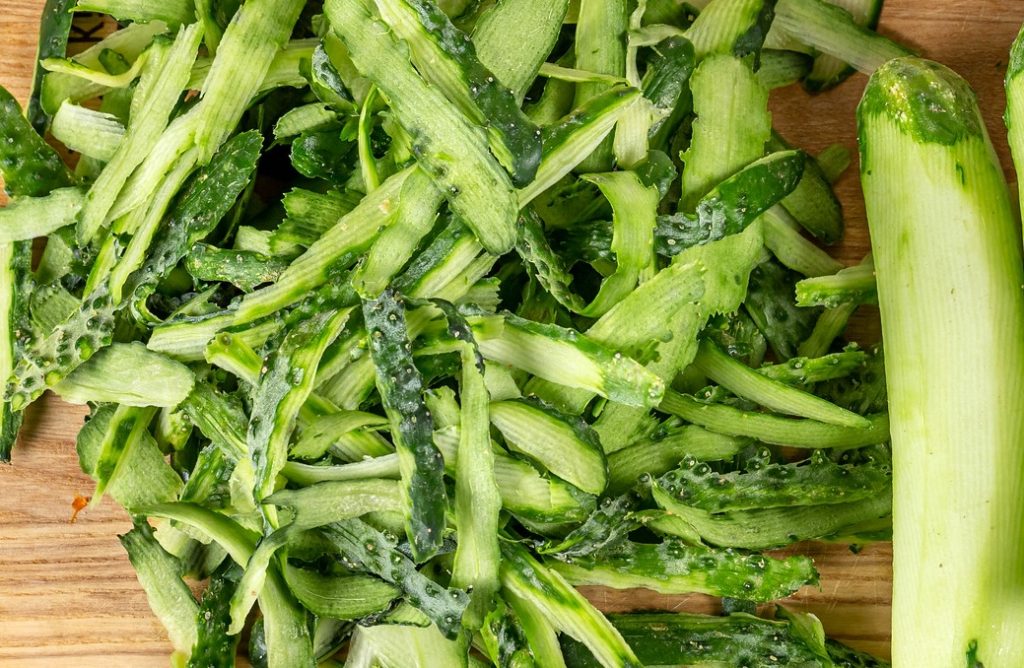
Use distilled vinegar (with caution)
Distilled vinegar is excellent for repelling all sorts of insects – naturally, it is far better for the environment (and for you) than harsh chemicals.
All you need to do is spray or squirt some distilled vinegar into an open dish and leave it around your home, on garden furniture, or in the heart of your yard. It would be wise to use white distilled vinegar, as you’ll find it has a much milder scent (while still staving off bees).
However, as mentioned, go sparing if you choose vinegar. Vinegar can be toxic to bees if you use too much in some cases.
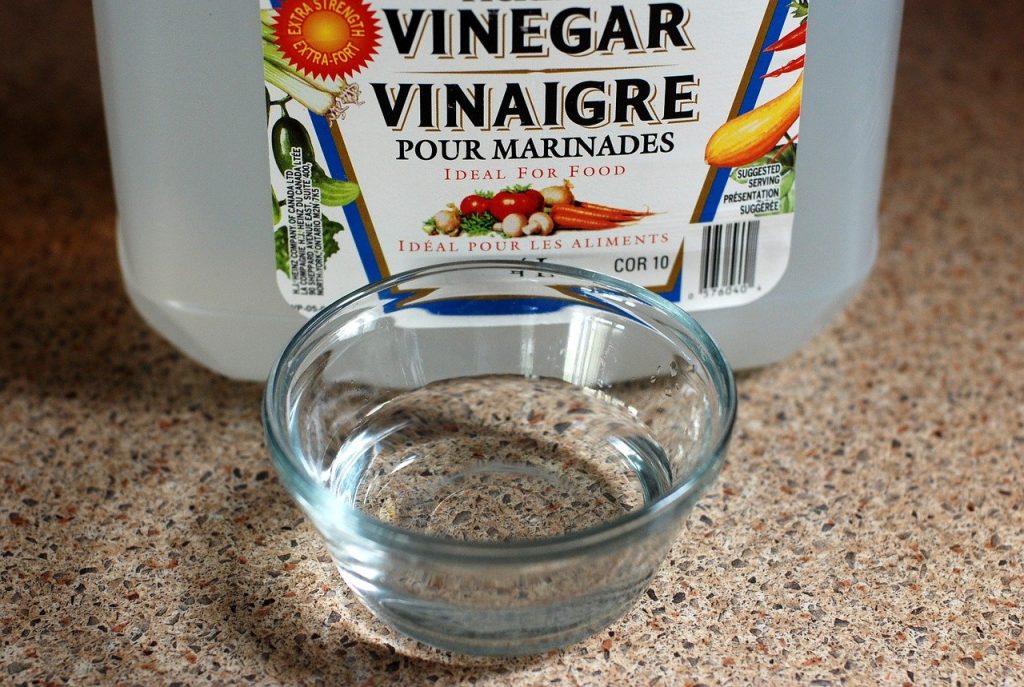
Sprinkle some cinnamon
Cinnamon is excellent for warding off bees – you can sprinkle cinnamon powder in your garden or even leave cinnamon sticks near your windows, on yard tables, etc.
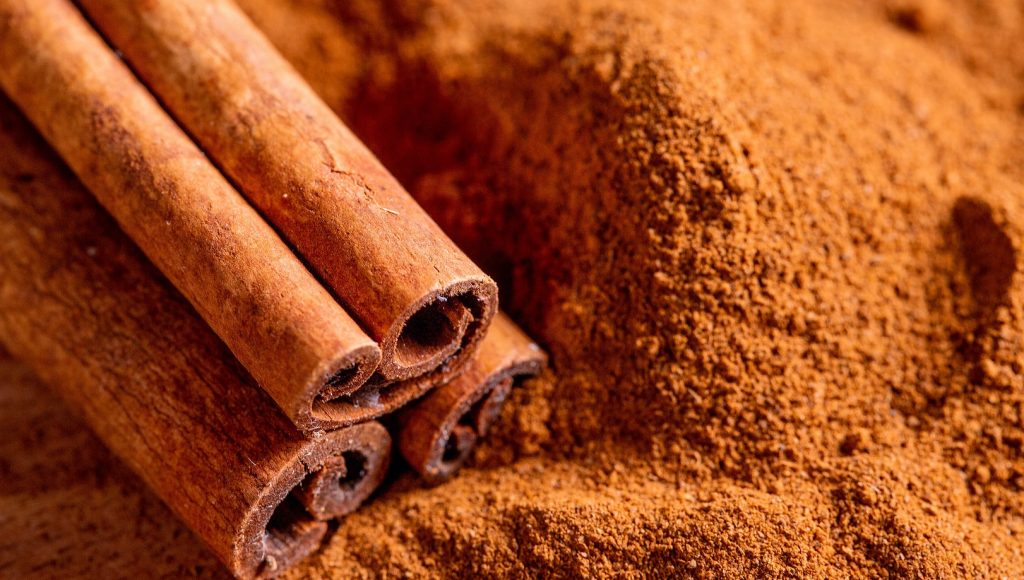
Plant marigolds
Marigolds are beautiful flowers that many of us like to keep in our gardens, but did you know they have a very strong smell that naturally deters bees? Simply by placing marigolds around your yard or in your flower beds, you’ll notice bee interest start to dwindle.
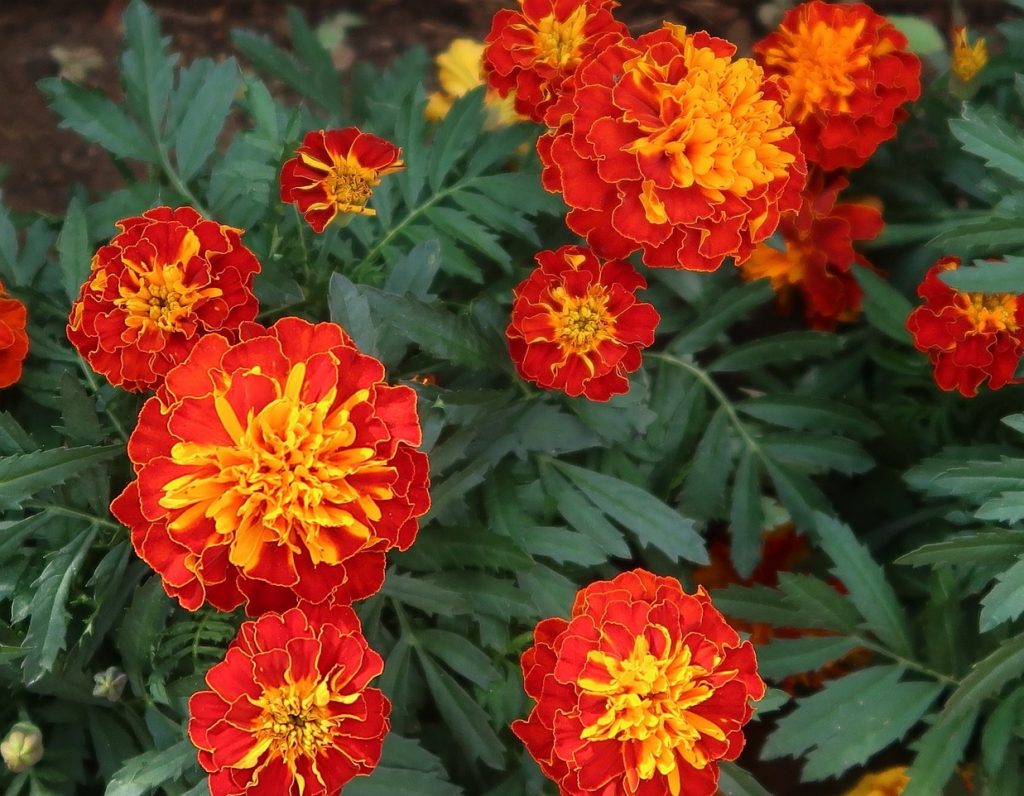
Sprinkle garlic powder
Yes, believe it or not, garlic powder is a natural bee deterrent. However, it doesn’t always smell great to humans, either – meaning a gentle sprinkling around the garden should be enough to keep bees away. After all, bees’ scent receptors are truly magnificent.
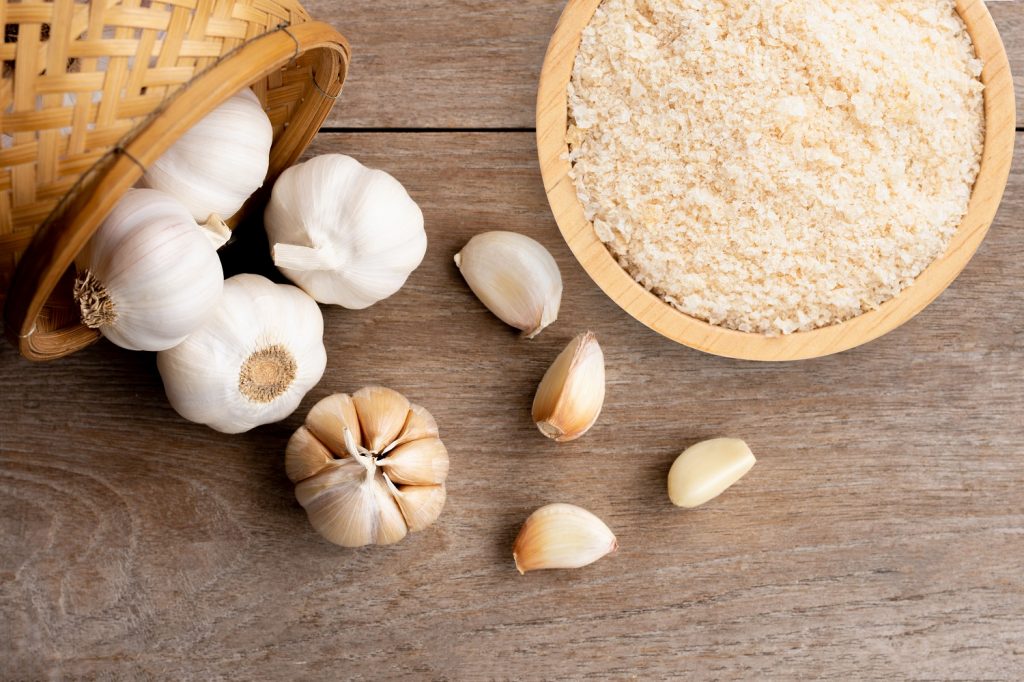
Use citronella candles
Citronella candles are sold in most garden stores and larger grocery chains, (especially around the spring and summer months), and are ideal for deterring insects from your garden. They are superb (in particular) for deterring mosquitoes during warmer days, though bees hate the smell of citronella, too!
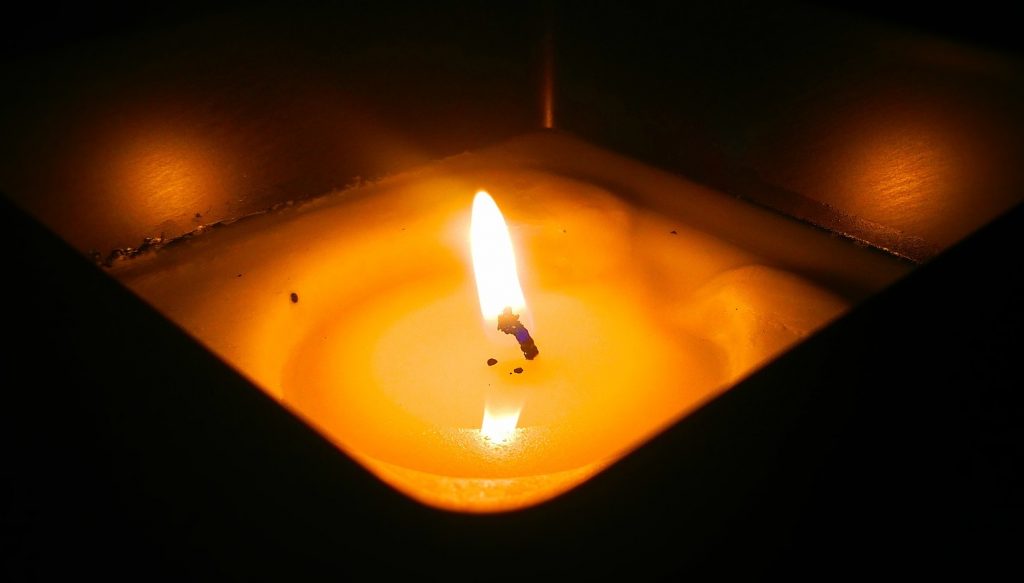
Use essential oils
Essential oils are so concentrated that even a small amount will smell very strong to bees. You can simply mix it with water and spray it around your home or outdoor furniture.
Just be careful not to use the oil directly on anything sensitive or precious, as it could stain. Some of the best essential oils for deterring bees include rosemary, citronella, peppermint, and eucalyptus.
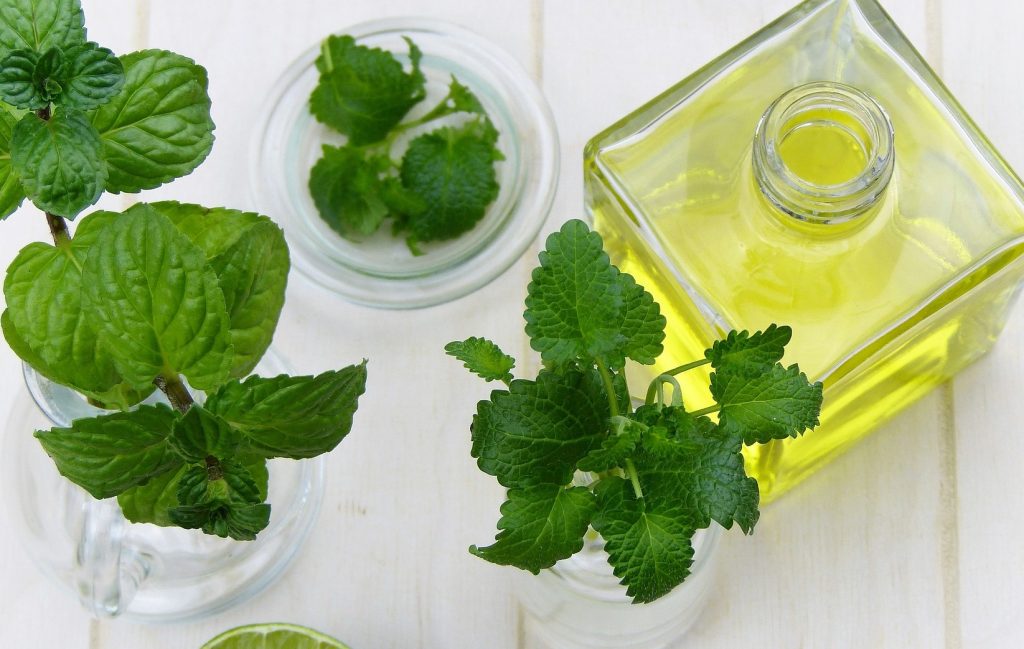
Conclusion
Whether you are allergic to bees and want to curb the population or are worried about accidentally warding them away – it’s important to know the smells they dislike the most.
Don’t forget, however, that if you do want to bring buzzing pollinators back to your yard, bees love vibrating music – so it may be worth pumping a few tunes out once in a while!
